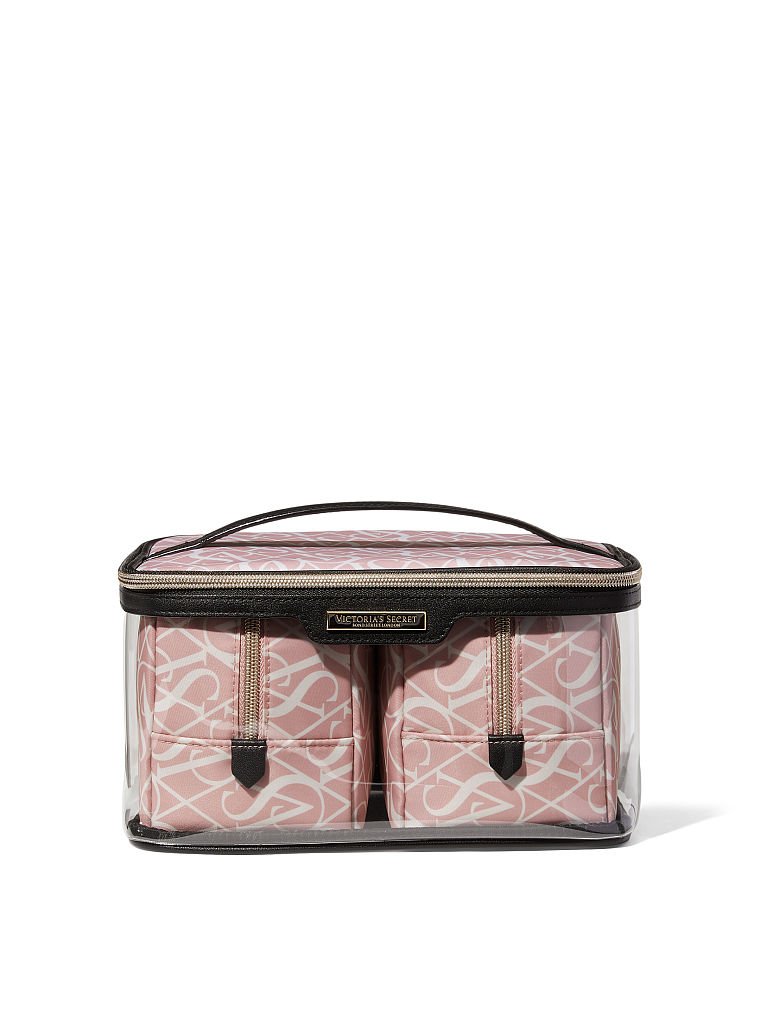
Amazon.com: Bolso pequeño de maquillaje para viaje, cosmetiquera para mujeres y niñas hecha de piel vegana, Rosa/Rebel Fun.), NW5038 : Belleza y Cuidado Personal

Amazon.com: Bolso pequeño de maquillaje para viaje, cosmetiquera para mujeres y niñas hecha de piel vegana, Rosa/Rebel Fun.), NW5038 : Belleza y Cuidado Personal

Amazon.com: Bolso pequeño de maquillaje para viaje, cosmetiquera para mujeres y niñas hecha de piel vegana, Azul grisáceo.), NW5038 : Belleza y Cuidado Personal

Amazon.com: Bolso pequeño de maquillaje para viaje, cosmetiquera para mujeres y niñas hecha de piel vegana, Rosa/Rebel Fun.), NW5038 : Belleza y Cuidado Personal

Amazon.com : Wet n Wild Disney Lilo And Stitch Carefree Waterproof Eyeliner 2-Piece Set, Black And Blue, 16-Hour Wear : Beauty & Personal Care

Amazon.com: Bolso pequeño de maquillaje para viaje, cosmetiquera para mujeres y niñas hecha de piel vegana, Rosa/Rebel Fun.), NW5038 : Belleza y Cuidado Personal











